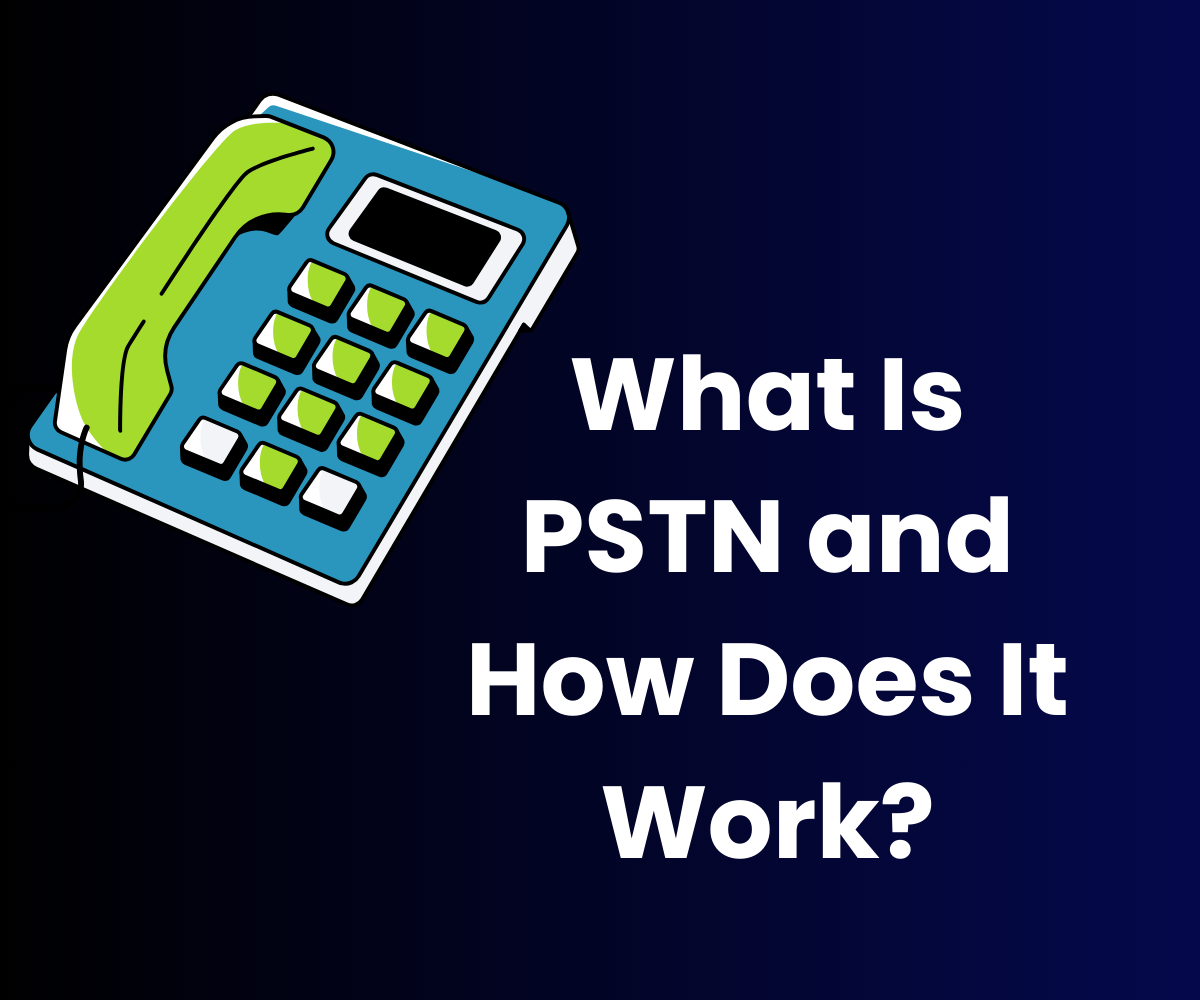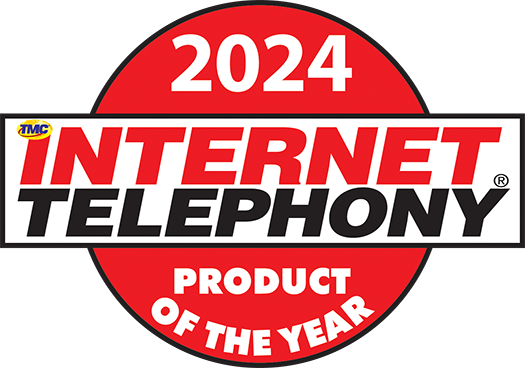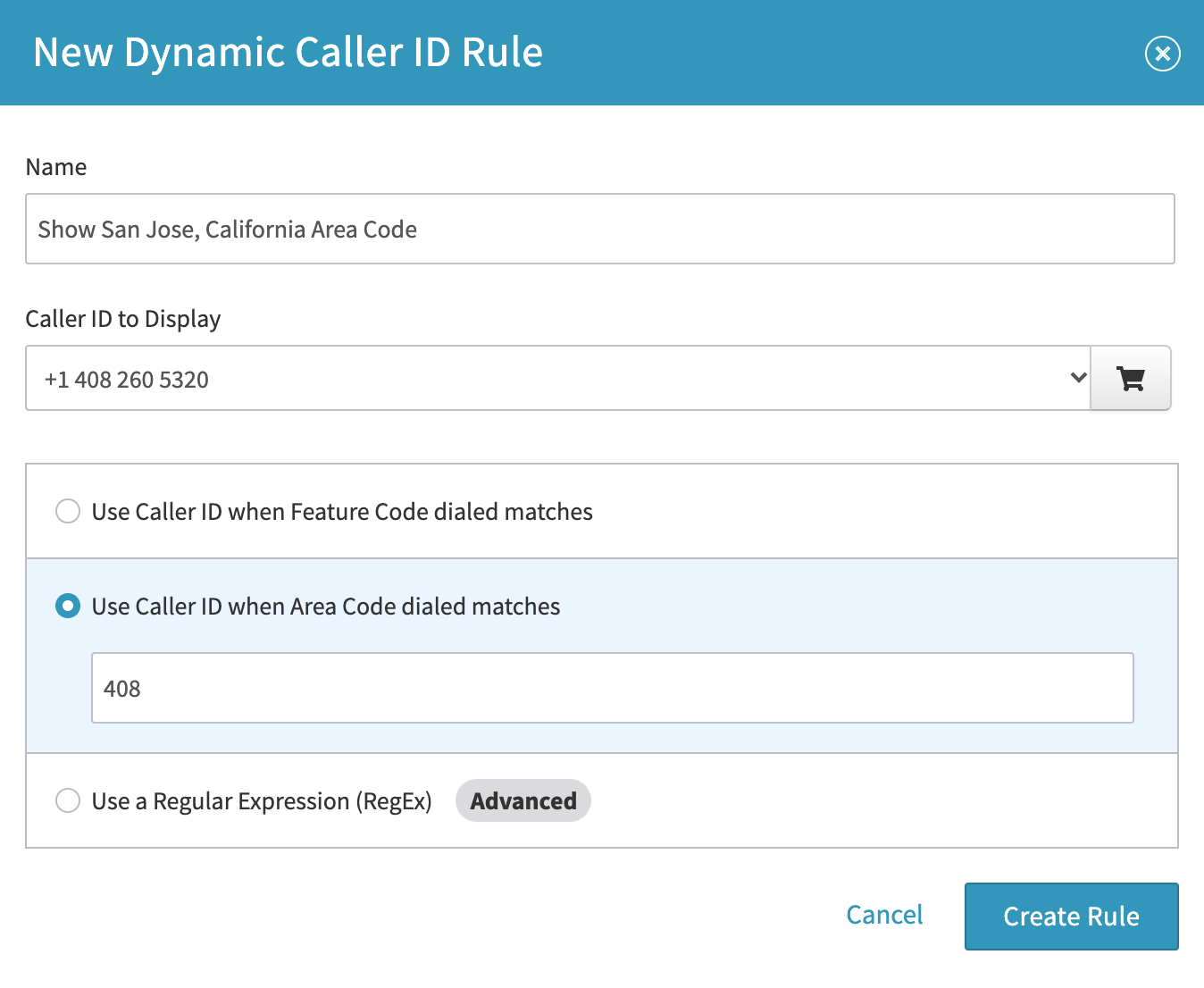Virtual PBX proudly announced on November 16, 2010 that Technology Marketing Corporation’s (TMC) INTERNET TELEPHONY magazine (http://www.itmag.com/) has named Virtual PBX as a recipient of the 2010 INTERNET TELEPHONY Excellence Award for its Open VoIP Peering.
This is the second time Virtual PBX has had the honor of receiving this award. But why is this so cool and what does it mean to you? We will take the next two blog posts to discuss the genesis of VoIP, how it has evolved, and what this means for you and your business.
Communication has come a long way since Alexander Graham Bell invented the first practical telephone in 1875. Communication technologies are now clearer, faster and cheaper than ever, in large part thanks to a revolutionary service known as VoIP (Voice over Internet Protocol). But what exactly is VoIP? VoIP is the routing of Voice conversations through the internet or other such IP-based networks.
Although VoIP was first used commercially in 1995, it was not mass-marketed until much later, using existing broadband Internet access. Today, even telecom carriers use IP technology to send calls to one another. It is through the use of VoIP that subscribers are able to place and receive telephone calls through the internet in much the same way as they would via their regular telephone line or PSTN (Public Switched Telephone Network).
VoIP is implemented in numerous ways using both proprietary and open protocols and standards. A popular VoIP service using proprietary protocols is Skype. The issue with proprietary standards is subscribers are unable to reach people using a different network. Proprietary VoIP Service only works if everyone is on the exact same network, using the same software, which is owned and operated by one company.
SIP or Session Initiation Protocol, is the default open protocol that the VoIP industry has standardized on, and has become a strong force influencing today’s telecom industry. What’s so great about SIP is it allows a number of different telephone services and systems to communicate with each other. Subscribers no longer need to be tied to one network.
However, even with the acceptance of SIP by the telecom industry, there was still the issue of people being forced to use one network. Even though they use SIP internally, many VoIP services do not allow communication to or from an outside service. They do this to protect and control their investment and their customer base.
Virtual PBX wanted to push the open standard as we believe customers should not be held hostage to a proprietary platform and should have the freedom to choose the VoIP services that best suits their needs. Hence, we created a service with the ability to send calls from our own network out to any SIP-compliant service that uses a SIP URI.
We’ll discuss exactly what this means, how cool this is and how it can be used with your Virtual PBX service on our next blog entry.






